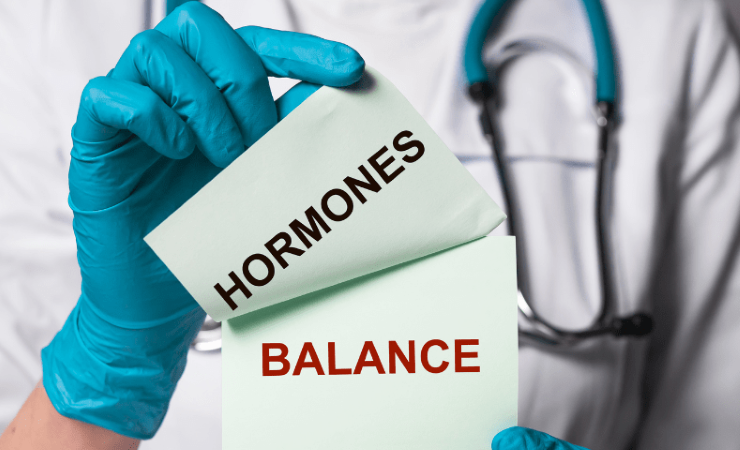Understanding Hormonal Health in the Age of Burnout and Hustle Culture

Dr Sumol Ratna
In an increasingly modern society of constant productivity and “hustle culture,” hormonal health is an ever-more crucial and often overlooked element of wellness. Chronic stress, poor sleep hygiene, or extreme workload make it difficult to maintain the already tenuous balance of the endocrine system, leading to hormone dysregulation with far-reaching systemic effects.
The body’s stress response is controlled through the hypothalamic-pituitary-adrenal (HPA) axis, which becomes hyperactivated during prolonged pure psychological and physical stress situations. Prolonged cortisol elevation, classically referred to as the “stress hormone,” can lead to adrenal fatigue, poor glucose metabolism, and reduced homeostatic immunological function in your body, or simply stated, it may be undermining all your healthy nutrition and mental-related wellness activities. The hormonal ire of chronically elevated cortisol is when elevated levels suppress gonadotropin-releasing hormone (GnRh), causing menstrual irregularities, diminished libido, and other potential infertility consequences in females and males.
Simultaneously, erratic working hours and the light exposure of digital devices at night results in circadian misalignment that inhibits melatonin production, thus impairing sleep-wake cycles. This disruption affects the quality of sleep, but also negatively affects insulin sensitivity and the hormonal balance of leptin and ghrelin, leading to a state conducive to weight gain and the development of metabolic syndrome.
Moreover, thyroid function is frequently altered and often worsened by chronic stress and nutrient deficiencies from poor eating patterns, particularly in an increasingly stressed-out population. Fatigue, cognitive fog, and mood changes, the hallmark signs of thyroid dysfunction, are often misdiagnosed as “burnout”, which covers up an undiagnosed endocrine dysfunction.
The functioning of the dopaminergic system (responsible for motivation and reward processing) is also compromised. Constant overstimulation through production demands and computer work can inhibit dopamine receptors, which are associated with anhedonia and many aspects of depressed symptoms, two prominent characteristics of burnout.
Interventions must promote lifestyle medicine, which includes circadian rhythm control, stress reduction through mindfulness-based practices, sufficient diet with an emphasis on magnesium, zinc, and omega-3 fatty acids, and consistent physical activity. Symptomatic people should be evaluated for endocrine markers such as serum cortisol, thyroid profile, reproductive hormones, and insulin sensitivity.
The interplay between hormonal health and modern lifestyle stressors needs a multidisciplinary approach spanning medicine, psychology, and public health to mitigate long-term consequences in the age of chronic hustle.
Dr. Sumol Ratna is Assistant Professor, Department of Medicine,
NIIMS Medical College & Hospital

